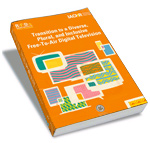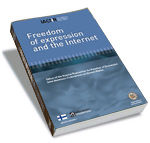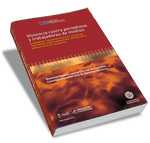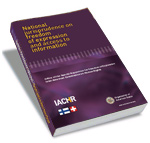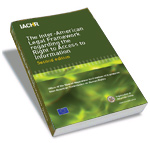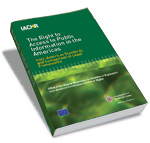Freedom of Expression
Publications
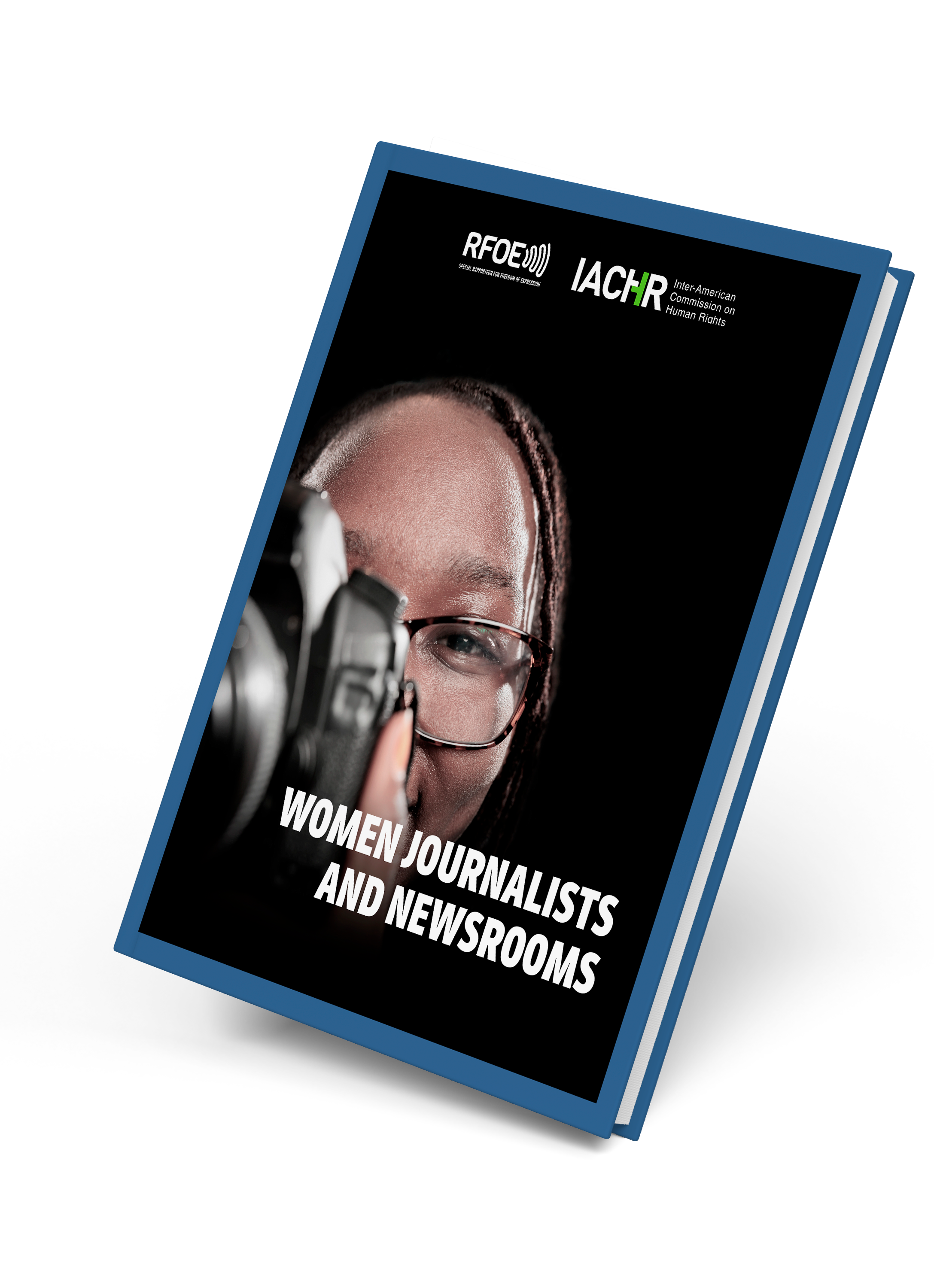 Women Journalists and Newsrooms: Progress, challenges, and recommendations to prevent violence and to fight against discrimination
(2022)
Women Journalists and Newsrooms: Progress, challenges, and recommendations to prevent violence and to fight against discrimination
(2022)
Both women journalists and those working in different areas of communication must deal with particular risks and specific threatening environments that restrict
the exercise of their profession and disproportionately impact their right to freedom of expression. This report analyzes some of the main advances and
challenges that persist in relation to patterns of discrimination and forms of gender-based violence against women journalists and media workers within their
newsrooms and in the exercise of their profession. Recognizing the decisive role that newsrooms play in eradicating and addressing these facts, the report presents a set of guidelines and recommendations that have been or should be implemented by media companies to promote environments that are increasingly safe and free of any form of discrimination and violence.
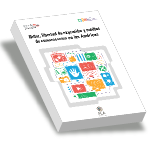 Childhood, freedom of expression, and the media in the Americas
(2019)
Childhood, freedom of expression, and the media in the Americas
(2019)
The report analyzes the right to freedom of expression of children and adolescents in the context of traditional media and in the rise of the new paradigm that the Internet represents for communication. In particular, it studies the fundamental role played by the media in the democratic society for this group and the articulation between the right to freedom of expression, the media, and the promotion and protection of the rights of children and adolescents.
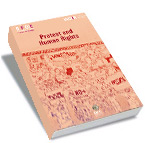 Protest and Human Rights
(2019)
Protest and Human Rights
(2019)
Social protest is a core element for democratic societies protected
by rights and freedoms guaranteed by the IA system. The region,
far from offering a picture of consensus regarding the protection of
demonstrations, has been the scene of repression, dispersion and limitation
of the exercise of these rights, the product of a conception that considers
citizen mobilization to be a form of disruption of the public order or as a threat to
the stability of democratic institutions. Hence, the objective of this
report is to contribute to a better understanding of social protest
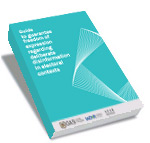 Guide to guarantee freedom of expression regarding deliberate disinformation in electoral contexts
(2019)
Guide to guarantee freedom of expression regarding deliberate disinformation in electoral contexts
(2019)
This guide, elaborated by the Office of the Special Rapporteur for
Freedom of Expression in coordination with the OAS Department of Electoral
Cooperation and Observation, defines misinformation as "the mass
dissemination of false information (a) with the intention of deceiving
the public and (b) knowing its falsehood". The document provides a theoretical
framework for addressing this phenomenon.
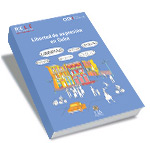 Freedom of Expression in Cuba (2018)
Freedom of Expression in Cuba (2018)
For more than half a century, Cuba has been governed by a one-party
regime. The State severely restricts the rights to freedom of expression,
association, assembly, movement, and due process. This report examines the
situation of freedom of expression in Cuba based on the standards of the
inter-American system and, on that basis, offers recommendations to the State
that will enable it to contribute to the effective exercise of this right in the
country.
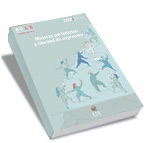 Women Journalists and Freedom of Expression (2018)
Women Journalists and Freedom of Expression (2018)
Women journalists are two times more likely to be victims of violence for exercising freedom of expression and because of their gender. The purpose of this report is to analyze the situation of women journalists in the region, and to examine the obligations of States and the private sector in the elimination of the main obstacles and specific risks faced by women journalists in the exercise of their freedom of expression.
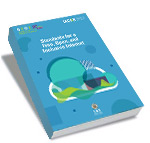 Standards for a Free, Open and Inclusive Internet(2016)
Standards for a Free, Open and Inclusive Internet(2016)
This report draws from the standards developed on the 2013 Report on Freedom of Expression and the Internet, broadening its analysis to the new challenges
faced in the exercise of human rights online, particularly freedom of expression. The document reviews current principels and summarizes the Inter-American case law and the advances made throughout the world, with the understanding that the right to freedom of expression is instrumental to the exercise of human rights on the Internet.
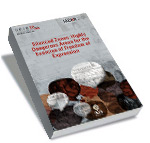 Silenced Zones: Highly Dangerous Areas for the Exercise of Freedom of Expression(2016)
Silenced Zones: Highly Dangerous Areas for the Exercise of Freedom of Expression(2016)
This phenomenon occurs in several regions of the Americas whose communities are being misinformed and silenced by the violence unleashed by organized crime to ensure their illicit ends, in some cases acting in complicity with local or regional authorities infiltrated by these groups. This report also seeks to deepen the dialogue with state institutions, civil society and the media through the development of recommendations focused on prevention, protection and criminal prosecution of those responsible.
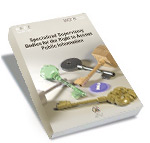 Specialized Supervisory Bodies for the Right to Access Public Information(2016)
Specialized Supervisory Bodies for the Right to Access Public Information(2016)
Over the past decade, a significant number of countries in the region have enacted access to public information laws and created bodies to oversight this right. In this report, the Office of the Special Rapporteur outlines the regulatory framework and institutional structure of some of these bodies established to supervise and promote the implementation of laws on access to public information and the resolution of disputes related to the disclosure of information.
Transition to a Diverse, Plural, and Inclusive Free-To-Air Digital Television (2014)
This publication presents a revision of the evolution that the transition from analog to digital free-to-air television has had in the hemisphere, given that several countries are in full transition and others have not even begun this process which involves a deep technological change and decision-making can affect the right to freedom of expression. The role of media in a democratic society implies that any decision on the transition to digital television must observe the guarantees related to the exercise of freedom of expression, legal certainty and the promotion of diversity principles and pluralism in all platforms.
Freedom of Expression and Internet. (2013).
This publication includes a systematization of standards aimed at promoting respect for freedom of expression on the Internet. This report analyzes best practices in this field, along with applicable international doctrine and jurisprudence.
Violence against Journalists and Media Workers: Inter-American Standards and National Practices on Prevention, Protection and Prosecution of Perpetrators (2013).
This report presents a review of international standards in the field of prevention, protection and the fight against impunity in crimes against journalists. In this report, among other things, the progress and challenges of programs and mechanisms in the field of protection and prevention of violence against journalists that certain countries in the region have developed are studied, and specific recommendations are presented to improve protection for journalists and the fight against impunity of these crimes.
National Jurisprudence on Freedom of Expression and Access to Information. (2013).
In this report, the Office of the Special Rapporteur for Freedom of Expression of the Inter-American Commission on Human Rights provides a synthesis of important rulings from the region’s domestic high courts on the issue of freedom of expression and access to information in the Americas. This review is a continuation of the practice begun by the Office of the Special Rapporteur of documenting and disseminating, through its annual reports, the domestic court rulings that represent progress on a domestic level or that enrich regional scholarship and case law while at the same time incorporating inter- American standards on the issue into its reasoning.
The Inter-American Legal Framework Regarding the Right to Access to Information. Second Edition (2012)
This book explains the principles that should be followed in designing and implementing a legal framework that guarantees the right of access to information. Likewise, it presents the minimum requirements of the right according to regional doctrine and jurisprudence.
The second part of the book includes a series of domestic rulings from countries in the region that, in the Office of the Special Rapporteur’s opinion, constitute best practices on the subject of access to information and should therefore be distributed and discussed.
The Right to Access to Information in the Americas. Inter-American Standards and Comparison of Legal Frameworks (2012)
In this follow-up report, the Office of the Special Rapporteur lays out the most important aspects of the laws in some of the Member States in which access laws have been approved or legal frameworks for access are reflected in administrative provisions of a general nature. Thus, this report presents an overview of the normative framework surrounding the right to access to information provided by specialized laws on the subject in Antigua and Barbuda, Argentina, Canada, Chile, Colombia, Ecuador, El Salvador, the United States, Guatemala, Jamaica, Mexico, Nicaragua, Panama, Peru, the Dominican Republic, Trinidad and Tobago, and Uruguay.
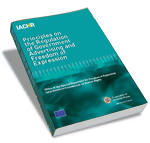 Principles on the Regulation of Government Advertising and Freedom of Expression (2012)
Principles on the Regulation of Government Advertising and Freedom of Expression (2012)
This publication seeks to carry out a systematic analysis of Inter-American rulings on freedom of expression, particularly of the orders for reparation issued as of October 2011 in cases which have involved violations or illegitimate restrictions of the freedom established in Article 13 of the Convention.
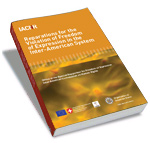 Reparations for the Violation of Freedom of Expression in the Inter-American-System (2012)
Reparations for the Violation of Freedom of Expression in the Inter-American-System (2012)
This publication seeks to carry out a systematic analysis of Inter-American rulings on freedom of expression, particularly of the orders for reparation issued as of October 2011 in cases which have involved violations or illegitimate restrictions of the freedom established in Article 13 of the Convention.
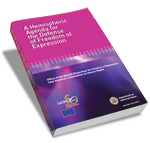 A Hemispheric Agenda for the Defense of Freedom of Expression (2009)
A Hemispheric Agenda for the Defense of Freedom of Expression (2009)
This publication, in addition to summarizing the inter-American standards for freedom of expression, recognizes the regional advances achieved in the Americas with respect to the full guarantee of the right to freedom of expression, describes the main difficulties and challenges currently facing the right to freedom of expression in the region, and presents a series of concrete, viable and feasible recommendations that the Office of the Special Rapporteur considers necessary to face these challenges.
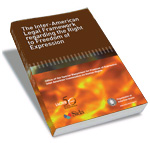 The Inter-American Legal Framework Regarding the Right to Freedom of Expression (2009)
The Inter-American Legal Framework Regarding the Right to Freedom of Expression (2009)
The objective of this publication is to present inter-American jurisprudence that defines the scope and content of this right in a systematic and updated way. Among the most important topics it highlights: the importance, function, and characteristics of the right to freedom of expression, as well as the types of speech protected; the prohibition of censorship and indirect restrictions; the protection of journalists and social communications media; the exercise of freedom of expression by public officials; and freedom of expression in the area of electoral processes.
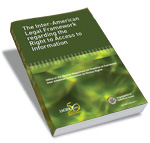 The Inter-American Legal Framework regarding the Right to Access to Information (2009)
The Inter-American Legal Framework regarding the Right to Access to Information (2009)
This book explains the principles that should be followed in designing and implementing a legal framework that guarantees the right of access to information. Likewise, it presents the minimum requirements of the right according to regional doctrine and jurisprudence, and, finally, it presents a series of domestic rulings from countries in the region that, in the Office of the Special Rapporteur’s opinion, constitute best practices on the subject of access to information and should therefore be distributed and discussed.
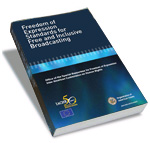 Freedom of Expression Standards for Free and Inclusive Broadcasting (2009)
Freedom of Expression Standards for Free and Inclusive Broadcasting (2009)
This publication shows the guidelines that have been developed by the Inter-American Court and the Inter-American Commission and the Office of the Special Rapporteur for Freedom of Expression, regarding the need for an adequate regulation of the radioelectric spectrum to ensure free, independent, vigorous, plural, and diverse broadcasting, to insure, as a result, the greatest circulation of information and opinions.
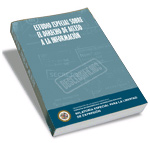 Special Study on the Right of Access to Information (2007, Spanish only)
Special Study on the Right of Access to Information (2007, Spanish only)
The purpose of this Special Study regarding the Right of Access to Information is to contribute to facilitating understanding of the right of access to information, its scope and its limits and to become a useful took for working on activities in promotion of the right of access to information.
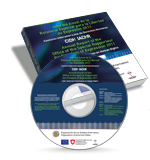 Annual Report of the Office of the Special Rapporteur for Freedom of Expression(2011)
Annual Report of the Office of the Special Rapporteur for Freedom of Expression(2011)
This CD-ROOM contents the annual report on the state the right to freedom of expression in the Americas which intends to contribute to the establishment of a better environment for the exercise of freedom of expression in the hemisphere, and in this way ensure the strengthening of democracy, wellbeing, and progress for the hemisphere’s inhabitants. Its objective is to collaborate with OAS Member States in raising awareness about the problems that we all wish to resolve and in formulating viable proposals and recommendations based on regional doctrine and jurisprudence.
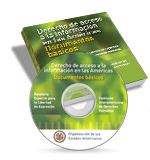 Materials from the Basic Course on Access to Information (2010, Spanish only)
Materials from the Basic Course on Access to Information (2010, Spanish only)
This is a CD-ROM that includes basic training materials regarding access to information.
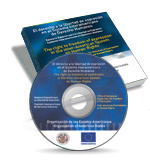 The Right to Freedom of Expression in the Inter-American System on Human Rights (2010)
The Right to Freedom of Expression in the Inter-American System on Human Rights (2010)
The Office fo the Special Rapporteur for Freedom of Expression includes four thematic reports on this disc, which have fostered important processes of discussion in the region and implementation of legislative and administrative reforms in different States of the Americas.
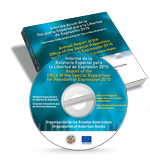 Annual Report of the Office of the Special Rapporteur for Freedom of Expression 2010
Annual Report of the Office of the Special Rapporteur for Freedom of Expression 2010
This annual report intends to contribute to the establishment of a better environment for the exercise of freedom of expression in the hemisphere, and in this way ensure the strengthening of democracy, wellbeing, and progress for the hemisphere’s inhabitants. Its objective is to collaborate with OAS Member States in raising awareness about the problems that we all wish to resolve and in formulating viable proposals and recommendations based on regional doctrine and jurisprudence.
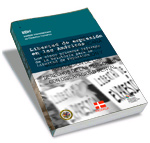 Report on Freedom of Expression in the Americas (1998 -2002) (Spanish only)
Report on Freedom of Expression in the Americas (1998 -2002) (Spanish only)
This joint publication with the Inter-American Institute of Human Rights compiles the first five reports from the Office of the Special Rapporteur for Freedom of Expression, since its creation in 1997. The publication includes contributions to certain topics related with the protection and respect of the right under its mandate gave and continue to give rise to important debates in the hemisphere.
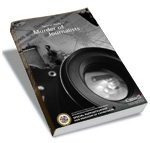 Special Study on the Status of Investigations into the Murder of Journalists during for Reasons that may be Related to their Work in Journalism (1995-2005)
Special Study on the Status of Investigations into the Murder of Journalists during for Reasons that may be Related to their Work in Journalism (1995-2005)
The murder of journalists for doing their jobs constitutes a grave violation of the right to freedom of expression, both on an individual and collective level. This study seeks to analyze the situation surrounding the violent deaths of reporters and other members of the media throughout the region.


